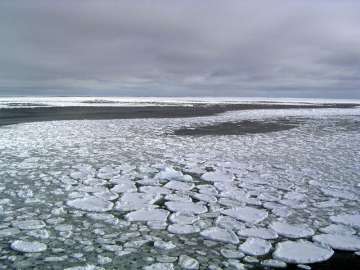Scientists have discovered an active methane leak in the seabed of Antarctica. The southernmost continent contains as much as a quarter of Earth's marine methane and now this leak from the sea bed prompts major concern about the impact on the global climate crisis.
According to reports, the first leak was spotted in 2011. After revisiting the site on subsequent occasions they found that certain types of microbes that would normally adapt at a news source of the gas, thereby consuming and limiting the amount of methane escaping into the atmosphere, were slow to respond to the leak.
The team led by Andrew Thurber from Oregon State University said they do not yet know why the leak, known as a “methane seep”, was formed at a site known as Cinder Cones in McMurdo Sound within the Ross Sea, but believe it is not linked to climate change itself, as reported by Independent.
“It is unclear why the feature began seeping in 2011,” the scientists said.
Meanwhile, the second methane seep was found close to the first in 2016, according to Independent.
However, the understanding of these holes will vary, as they are located in fundamentally different ocean regions and sustain different conditions for life, as reported by Wion.
All research on the region remains suspended owing to the COVID-19 pandemic. The fear of carrying it to the remote region is the concern, not contracting the virus, for the continent is coronavirus free.
The research is published in the journal Proceedings of the Royal Society B.
